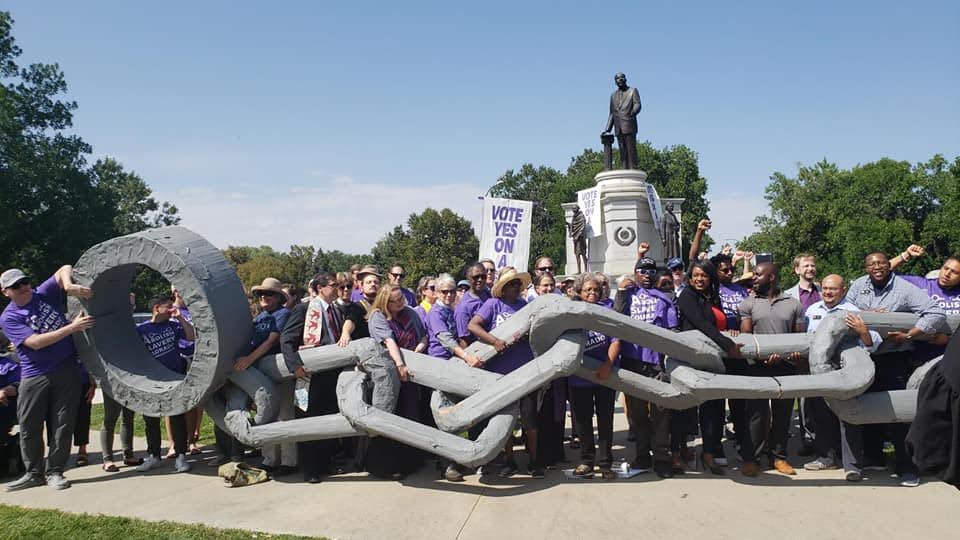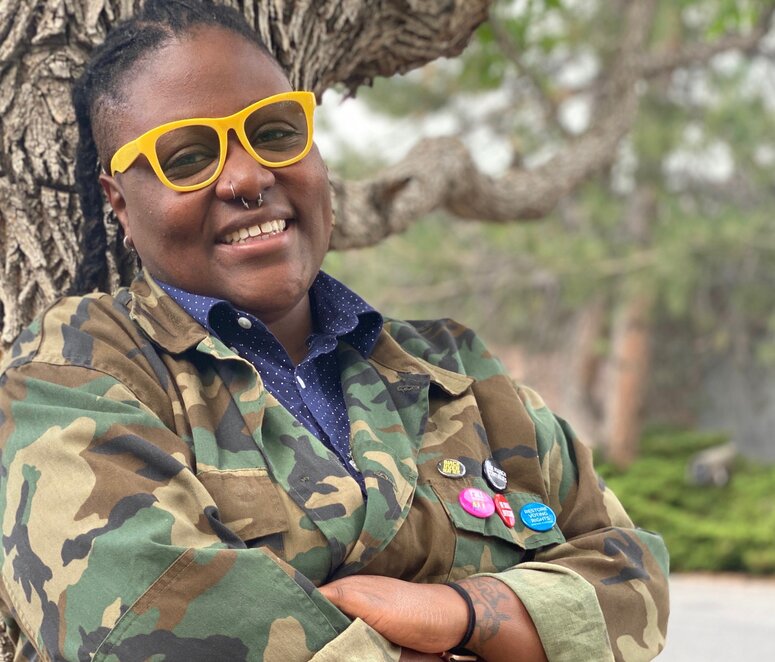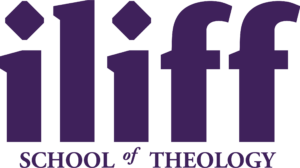The Institute for Religion, Politics & Culture
Creating Lasting Change
How does religion shape peoples’ politics?
The big questions of life, tied to religion and politics, influence our day-to-day lives — who we vote for, how we spend our money, and where we invest our time.
Too often change-makers dismiss religion too fast. Ignoring the way religion shapes people and politics leaves us missing half the story of social change.
%
Of people in the United States consider themselves as religious in some way according to Pew Research
Religion shapes our politics
in ways that are obvious (think “In God we trust”on our money, or prayers before legislative meetings),
and ways that are hidden below the surface (such as core sets of values like “Protestant work ethic” or “family values”.)
These are not simply words – rather these ideas impact all of us– benefiting some and harming others.
When it comes down to it we cannot separate our understandings of religion (or God) from our other values, thoughts, and opinions. As a person approaches a political candidate or ballot topic, their support (or lack thereof) is based on those understandings. This is the case for Evangelicals, Buddhists, Atheists, and the ‘Nones.’ This is the case for all of us.
Check out our Podcast!
When we avoid the hard topics connected to religion and politics, we become stuck in the status quo.
On Complexified, a partnership between Iliff School of Theology and Religion News Service, we dive into the places where religion and politics collide with real-life, so we can get unstuck- so we can make real change.
Leading Transformative Action
We educate change makers to become more effective in leading transformative action.
We help people understand how religion and politics intersect — within our national identity and structures and our individual ideologies and beliefs.
We work with a variety of change makers:
- Political leaders
- Cities, Counties, and School Boards
- Media
- Advocates and activists
- Religious leaders
- Students

Why the Institute for Religion, Politics & Culture
The Institute for Religion, Politics, & Culture is a resource for change-makers. We are a combination of a think tank, an academic institution, and an advocacy partner. We offer resources through intentional research, consulting partnerships, educational opportunities, and creative content.

Rev. Dr. Amanda Henderson
Director of the Institute for Religion, Politics & Culture

Lex Dunbar
Based on your needs the following services can be combined and personalized to reach your goals.
Schedule a complimentary consultation with The Institute of Religion, Politics, and Culture. Understanding how religion and politics connect for yourself, your staff, and the people you represent will directly fuel the social change you’re seeking to lead.
Research
We dive deeper into the details of religious influence on political ideas through academic research.
Consulting
We partner with advocates, legislators, and candidates running for office to put into practice the learnings from our research.
Creative Communication
Breaking through the noise to challenge assumptions and change the story.
Discovery
What is the change you are working for? Through this process, we get to know one another and dig into the disconnect between the way things are and the way you want things to be. We will go over initial ideas on what is needed to get from here to there.
Strategy Planning
Through this process we look at the full picture, with specific attention to the ways religion– both ideas and communities– shape the change you are trying to make. We explore the history on your specific issue, in your specific context, and bring in our expertise to build a plan for action.
Change-Making
This is where we engage in the work of embarking on new paths with informed and creative communication. We participate in the long-haul work of social change more grounded, informed, and strategic. We call upon a new understanding of the ways religion and politics come together to shape perspectives and institutions– so we can become effective change-makers.

